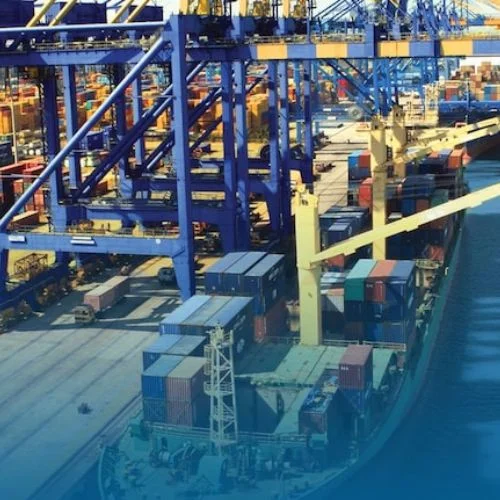According to a business spokesperson, Jindal Stainless Ltd (JSL) is on track to meet its mid-term goal of reducing carbon emissions by 50% by 2035.
Jindal Stainless Limited (JSL) is an Indian stainless steel company. With a melt capacity of 2.9 million tonnes per year, it is India’s biggest stainless steel manufacturer. Om Prakash Jindal created JSL in 1970, and it is part of the OP Jindal group.
Abhyuday Jindal, Managing Director of JSL, said that the business is spending Rs 700 crore on different sustainability programs targeted at eliminating 1.5 million tons of carbon emissions per year. For the first time, the firm exhibited its decarbonization activities at a side event organized by the Indian steel ministry at the India Pavilion during the United Nations Confederation of Parties climate meeting (COP28).
JSL Chief Sustainability Officer Kalyan Bhattacherjee discussed the company’s efforts as a major player in a difficult-to-abate market to build low-carbon paths.
Jindal Stainless has committed to reducing its emission intensity by half by 2035, in line with India’s Nationally Determined Contribution (NDC) of reducing its GDP’s emissions intensity by half by 2030.
“We are also underway to achieve a 300 MW combined RE-RTC capacity by 2026-27 contributing towards India’s NDC of achieving 50 percent cumulative electric power installed capacity from renewable energy resources by 2030, Bhattacharjee told PTI. “We have undertaken several measures, including internal improvements and tie-ups with external partners, to reduce our carbon footprint. We’ve strategically aligned our decarbonization initiatives to meet the goal of Net Zero by 2050,” he said.
In addition, the firm has adopted digitalisation for sustainability data management via a unique ESG digital platform that automatically gathers production, energy, material consumption, and carbon emissions-related data straight from the ERP system SAP S4 HANA. The firm inked an agreement with Renew Power to build a 100-megawatt (MW) wind-solar hybrid renewable energy (RE) round-the-clock (RTC) project that will be completed in 2024. Other RE RTC projects in the works will contribute to the company’s full capacity of 300 MW hybrid RE.
These initiatives, together with the green hydrogen plant, will be game changers in meeting the mid-term objectives since carbon emissions will begin to fall once the projects are integrated.















